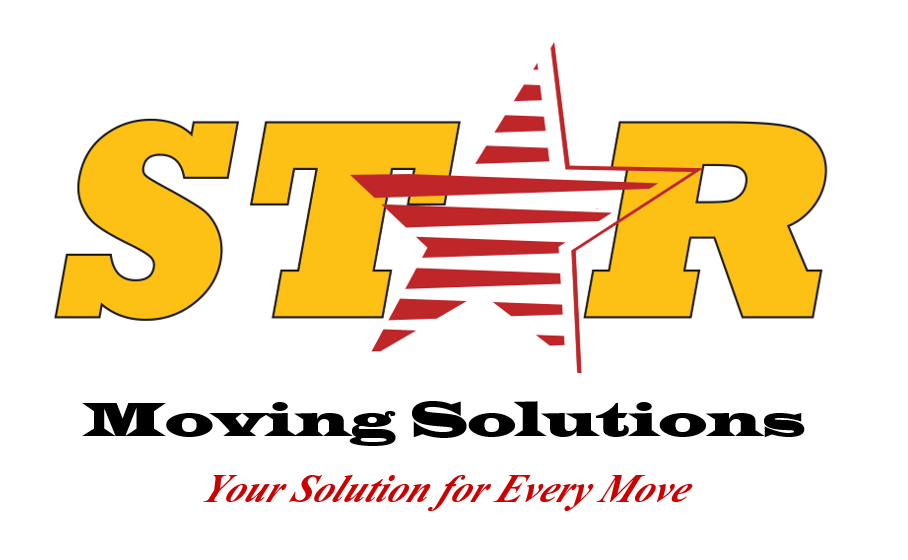When relocating a business, it is important to contemplate the legal and organizational components involved. A well-thought-out approach can help ensure a smooth transition for both the company and its employees. In this blog post, we will delve into various factors to keep in mind during the relocation process.
We will discuss employee communication and retention strategies, such as providing written notice of relocation plans and considering redundancy options when necessary. We’ll also explore structuring attractive relocation packages with benefits like company-paid house hunting trips and childcare costs assistance.
Employee Communication and Retention
When planning a corporate relocation, it is essential to maintain open communication with employees. Employers must provide fair warning about the proposed changes and reasons for relocation, preferably in writing. This ensures that everyone is aware of the upcoming transition and can prepare accordingly.
- Providing written notice of relocation plans: A well-drafted letter outlining the company’s intentions will help employees understand their options during this time. It should include details such as timelines, potential impacts on work environments, and available support resources like relocation packages.
- Considering redundancy options when necessary: If an employee refuses to relocate due to personal circumstances or other factors, redundancy may be an appropriate course of action. Though employers must take each person’s circumstances into account before deciding, other solutions such as remote work or temporary housing stipends may be viable alternatives to help maintain essential personnel, while still achieving desired results.
In addition to clear communication strategies, companies should also focus on providing comprehensive relocation packages, which can ease the financial burden associated with moving costs and ensure a smoother transition for all parties involved. This includes covering relocation expenses, travel costs, and temporary housing, among other costs incurred during the relocation process. Higher-level employees may require additional support, such as relocation allowances or more extensive relocation policies.
Informing personnel of the transition procedure and providing them with aid during it should be a priority, as this will help guarantee an efficient relocation. Structuring an appropriate relocation package is essential to attract and retain talented staff during the move.
Structuring Relocation Packages
A well-structured relocation package can help new hires or current employees move from one location to another more seamlessly. Standard relocation programs typically include at least one company-paid house hunting trip, childcare costs, elder care assistance, moving and storage of furnishings and household goods, as well as support with selling existing homes.
Company-paid House Hunting Trips
To ensure a smooth transition for employees relocating, companies often provide financial assistance for house hunting trips. This helps the employee find suitable housing in their new location without worrying about the travel costs incurred during the process.
Childcare Costs and Elder Care Assistance
- Childcare: Companies may offer reimbursement for childcare expenses while an employee is on a house-hunting trip or settling into their new work environment.
- Elder Care: For those with elderly dependents, employers might also cover temporary housing or other related expenses during the relocation process.
In addition to these standard offerings, some businesses may also provide additional benefits such as spousal job search assistance and cultural training for international relocations. By providing comprehensive employee relocation packages, companies can ease the stress associated with moving, and increase retention rates among higher-level employees who are critical to organizational success.
When structuring relocation packages, companies should consider the long-term financial implications of their decisions. It is also important to consider strategic considerations for corporate relocations to maximize cost savings and organizational benefits.

Strategic Considerations for Corporate Relocation
Weighing the advantages of relocating your business is a must when contemplating such an undertaking. One key factor is reducing overall costs through lower taxes or overheads. For instance, tax breaks and credits offered by certain states can significantly decrease your company’s financial burden.
- Cost reduction through tax breaks/credits: By relocating to an area with favorable tax policies, businesses can save on operating expenses and increase profitability.
- Organizational realignment benefits: A move may also facilitate organizational realignment by employing common core systems across departments/functions. This streamlines operations and fosters better collaboration among teams.
In addition to cost savings, companies should consider how their new location will impact growth opportunities. Moving closer to clients or future markets might be advantageous in terms of expanding capacity due to increased demand for products/services. Ultimately, taking these critical considerations into account during the corporate relocation process ensures a smooth transition while maximizing potential benefits.
It is important to consider the strategic benefits of corporate relocation when making decisions about where and how to move a business. Governments may offer fiscal incentives that can be factored in for greater ROI.
Financial Incentives Offered by Governments
Financial incentives offered by state and local governments play an important role in influencing the choice of relocating headquarters, as they recognize the ripple effect it has on local economies. Several states provide tax breaks/credits which are assessed against a corporation’s state tax liability, while some even eliminate corporate income taxes depending on certain criteria being met.
Tax Breaks/Credits Provided by States
- New York State Business Tax Credits
- California Business Incentives Gateway (CBIG)
- Texas Economic Development Act (Chapter 313)
Elimination of Corporate Income Taxes Based on Specific Criteria
In some cases, corporations can benefit from complete elimination of their income taxes if they meet specific requirements such as minimum capital investment, new jobs created, or worldwide sales exceeding specified thresholds. For example, Nevada offers an attractive business environment with no corporate income tax for companies that qualify under its economic development programs (Nevada Governor’s Office of Economic Development – Incentives Programs). These financial incentives can significantly impact a company’s decision when considering a corporate relocation.
Government financial incentives can be beneficial for reducing corporate relocation costs, yet other factors must also be considered when selecting a new location. Evaluating location factors such as proximity to clients or future markets, and community relations and public infrastructure considerations is essential for successful relocations.
Evaluating Location Factors
Location plays a significant role in shaping brand image. Long-lived companies looking to shake off perceptions of being out-of-touch might choose locations reflecting their priorities, whereas those seeking proximity with clients or future markets could opt for locations closer to home. For example, Boeing moved its defense headquarters near the Pentagon in Washington D.C. Factors like community relations, public infrastructure, space needs, and future expansion practicability should be thoroughly evaluated before finalizing a new location for corporate headquarters.

Proximity to Clients or Future Markets
- Analyze the demographics of potential locations to determine if they align with your target market.
- Consider access to transportation networks such as airports, highways, and railways that facilitate efficient travel between offices and clients.
Community Relations and Public Infrastructure Considerations
- Evaluate local government support for businesses through incentives or programs designed to attract investment.
- Assess the quality of public services such as schools, healthcare facilities, and recreational amenities that can impact employee satisfaction and retention rates.
When evaluating location factors, it is important to consider the proximity of clients or future markets as well as community relations and public infrastructure considerations. By choosing the right moving company for your relocation project needs, you can ensure a successful transition across the country with minimal stress.
Choosing the Right Moving Company
When relocating to another state or country, compliance with legal requirements and managing staff finances is essential. Choosing the right moving company involves assessing unique relocation project needs, as well as ensuring that they have necessary experience and infrastructure for specialized moves (if required). For inter-state relocations, it’s advisable to select top-rated cross-country movers to ensure a smooth transition while minimizing costs.
Assessing Unique Relocation Project Needs
- Evaluate your specific corporate relocation requirements such as office equipment, furniture, and sensitive document handling.
- Determine if you need additional services like packing/unpacking assistance or temporary storage solutions during the move.
- Contact multiple moving companies for quotes based on your identified needs and compare their pricing structures accordingly.
Conclusion
In conclusion, corporate relocation involves a lot of legal and logistical considerations. It is essential to provide written notice to employees, structure relocation packages, evaluate location factors, and choose the right moving company. Additionally, strategic considerations such as cost reduction through tax breaks/credits and organizational realignment benefits should be considered.
Financial incentives offered by governments can also help with the costs associated with corporate relocation. Thorough planning and weighing of all facets related to a corporate relocation can ensure an effortless transition for the business and its personnel.
If you’re looking for reliable cross-country movers that specialize in corporate relocations while taking care of all your unique project needs from start to finish, contact us.














